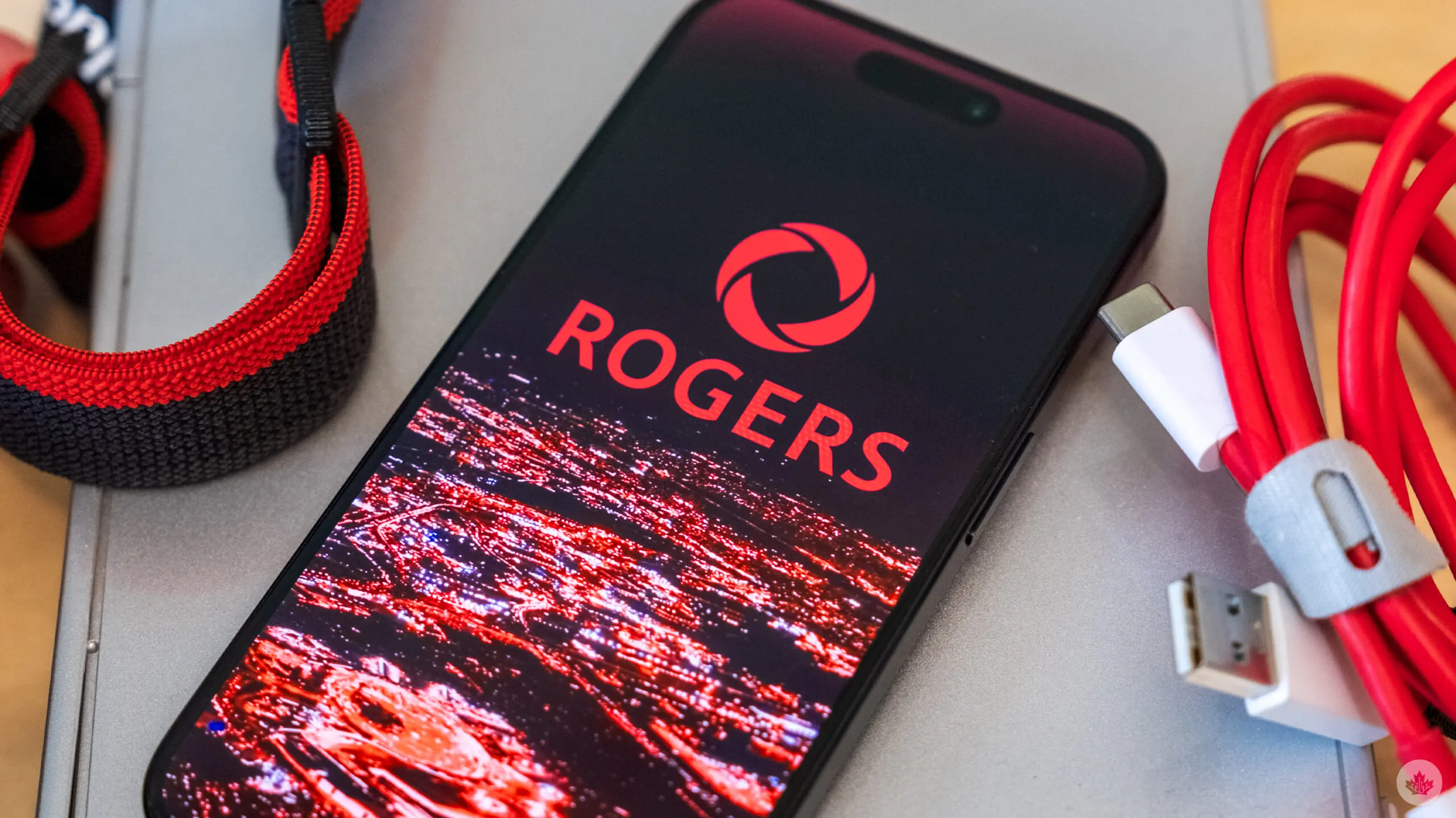Rogers to End Wi-Fi Hotspot Service
On July 21, Rogers will officially shut down its Wi-Fi Hotspot service. This decision comes after a noticeable decline in user interest over the last five years. As more people rely on smartphones, many are opting for data plans rather than depending on public Wi-Fi networks. While this change may disappoint some users, Rogers is prepared to move away from this service.
Other Free Wi-Fi Options Available
Even though Rogers is discontinuing its Wi-Fi Hotspots, there are still numerous alternatives for those looking for free internet access, particularly in urban areas like Toronto. Many cafes, restaurants, libraries, and other venues offer complimentary internet services. So while Rogers steps back from this market segment, residents can still find plenty of places to connect online.
Interestingly enough, certain regions continue to enjoy a wealth of hotspots. For example, Western Canada has over 20,000 public Wi-Fi connections available. However, once Rogers ceases operations on July 21st, users will need to seek out different ways to get online.
Support for Affected Users
To assist customers using the Rogers Basic BYOD (Bring Your Own Device) plan who might be impacted by the loss of hotspots, the company will provide an additional 3GB of data as compensation. This gesture aims to help those who previously relied on these hotspots for connectivity. However, it's important for users to keep an eye on potential overage fees that could arise if they exceed their new data limit.
Examining Public Wi-Fi Models in Other Cities
When exploring options for public internet access in cities around the world, it's useful to look at successful initiatives elsewhere. Take New York City's LinkNYC program as an example; it not only provides fast and free internet but also includes charging stations at various locations throughout the city. This model addresses modern connectivity needs while offering added benefits that enhance user experience.
Toronto could greatly benefit from adopting a similar approach by improving its public Wi-Fi infrastructure. Such enhancements would especially aid individuals with limited data plans and ensure everyone has easier access to online resources-an essential aspect of daily life today.
Recent Changes in Rogers' Offerings
In addition to phasing out its hotspot service, Rogers has been working on improving Internet services across British Columbia's Southern Gulf Islands by installing a new undersea cable designed for faster and more reliable connections in that area. However, challenges remain as technicians based in Abbotsford have recently gone on strike.
As these developments unfold within the company's offerings-from better Internet connectivity options to eliminating hotspot services-customers should stay informed about how these changes may affect them moving forward.
The Future Landscape of Connectivity
In our fast-paced digital world where reliable internet access is vital; removing hot spots signals a shift toward personal data usage instead of shared networks like communal hotspots. While some users may find themselves without easy access due this transition; it also opens doors for cities rethinking how they provide public wireless solutions effectively.
With many private businesses and community spaces already offering free or low-cost internet options; reliance solely upon dedicated hotspots might decrease further over time-encouraging municipalities towards creating inclusive systems that cater better towards diverse populations needing connection opportunities today!
As Rogers makes this significant change; other telecom companies might follow suit by enhancing their own offerings focused primarily around reliability & convenience! Such shifts could lead us into stronger emphasis placed upon individual mobile plans while prompting local governments & businesses alike rethink their approaches regarding accessible technology provisions!
The decision made by Rogers marks not just an end but potentially sparks fresh ideas aimed at improving overall connectivity experiences within shared environments! It'll be interesting watching communities adapt alongside emerging trends supporting connected living going forward.
Please note that when you make a purchase through our links at GameHaunt we might earn a small commission which helps us keep bringing you the free journalism you love! And don't worry our editorial content remains totally unbiased! If you'd like show some support you can do so here.





